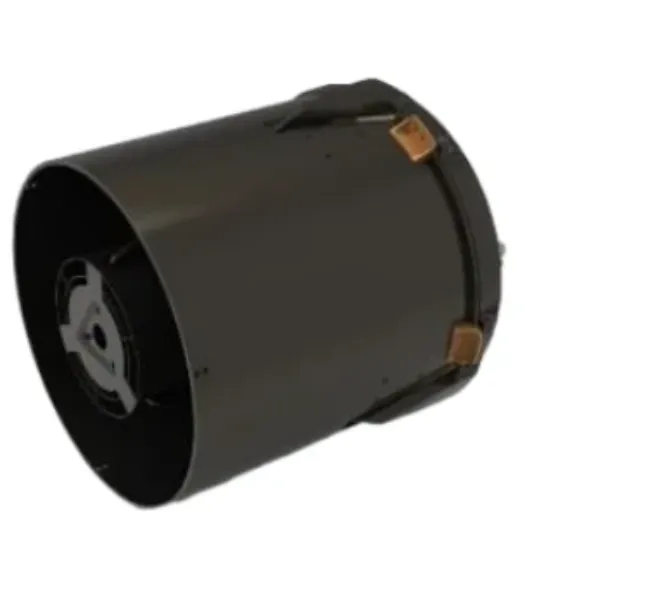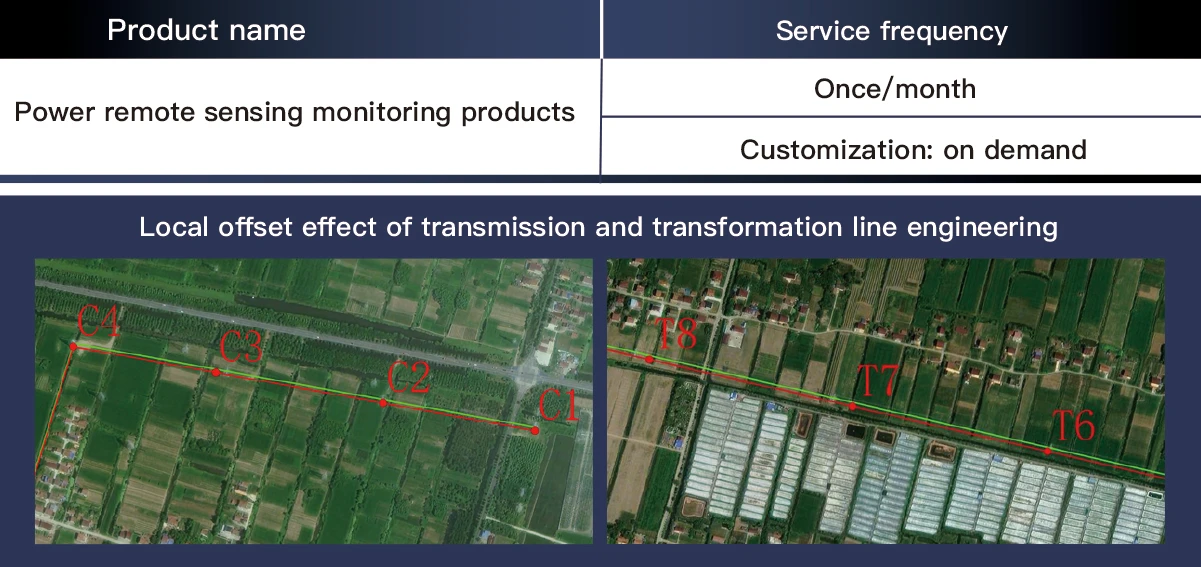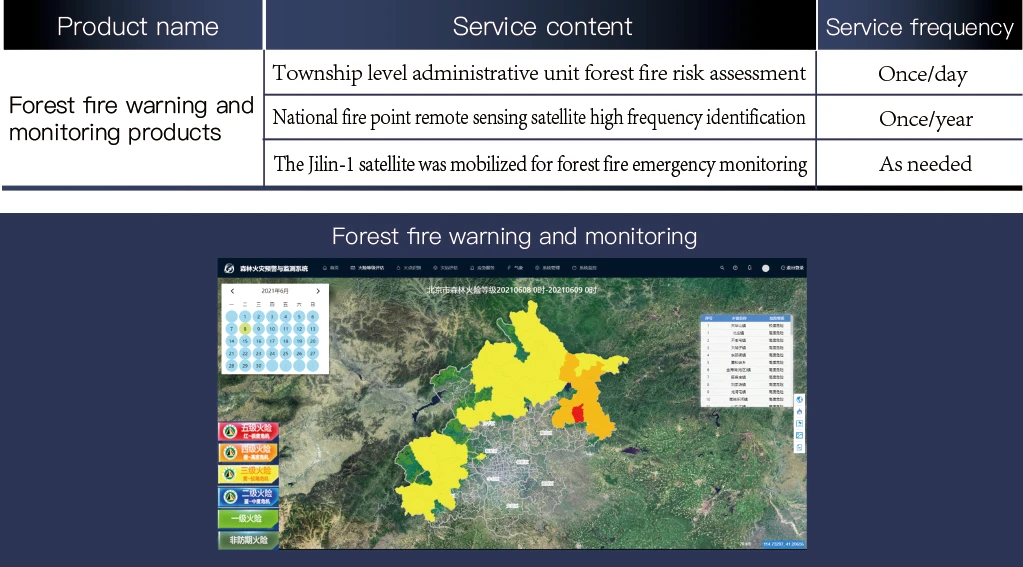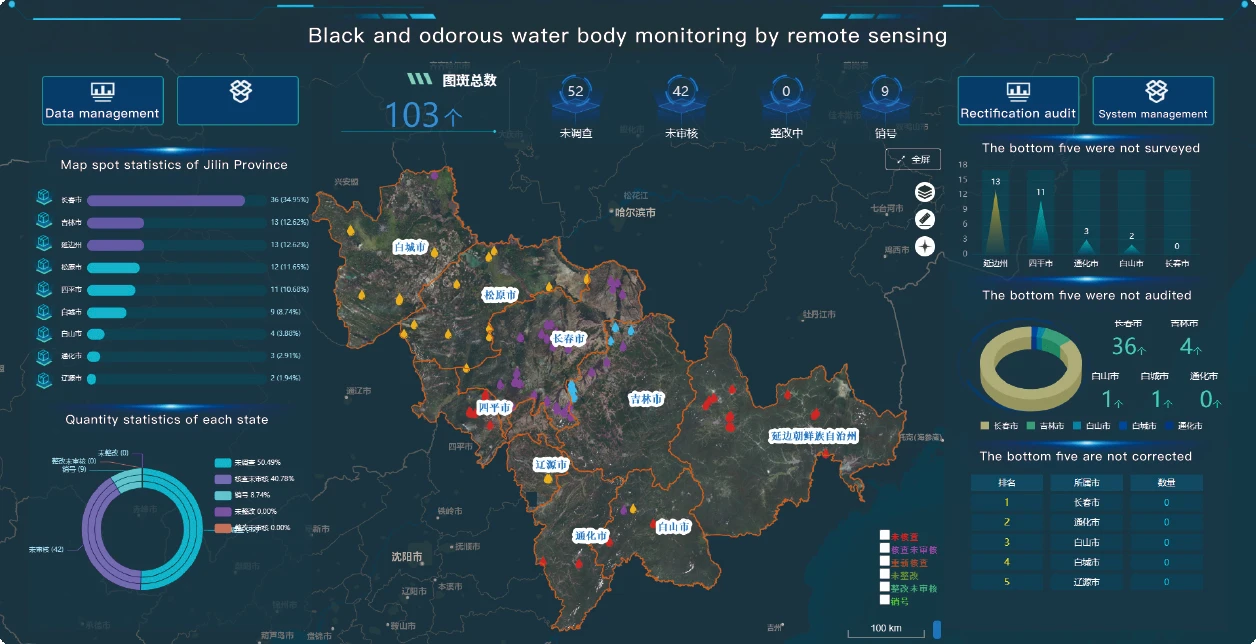
- AFRIKANINA
- albaney
- amharic
- Arabo
- Armeniana
- Azerbaijani
- Baska
- Belarusian
- Bengali
- Bosniaka
- biolgara
- Katalana
- Cebuano
- CHINE
- Korsika
- Kroaty
- TSEKY
- Danoà
- Anarana iombonana
- anglisy
- esperanto
- Estoniana
- Anarana
- FRANTSAY
- Frisian
- galisiana
- Zeorziana
- Anarana
- GRIKA
- Gujarati
- Kreole Haitiana
- Hausa
- Hawaii
- Hebreo
- tsy misy
- Miao
- hongariana
- Anarana
- igbo
- indonezianina
- TENY IRLANDEY
- ITALIANINA
- Anarana
- Javaney
- Kannada
- kazakh
- Khmer
- Rwanda
- Koreana
- Kiorda
- Kyrgyz
- asa
- Latina
- Zavatra tsy
- litoanianina
- Luxembourgish
- Masedoniana
- Malagasy
- Malay
- Malayalam
- Maltais
- Maori
- Marathi
- Mongoliana
- Madagascar
- Nepali
- norvejiana
- norvejiana
- Occitan
- Pashto
- PERSANINA
- poloney
- portogey
- Punjabi
- Malagasy Romanian
- ROSIANINA
- samoanina
- Gaelika Scottish
- serbianina
- anglisy
- Shona
- Sindhi
- Sinhala
- silaovaka
- Slovenianina
- Somali
- Fikarohana
- Sundanese
- swahili
- Anarana
- Tagalog
- Tajik
- Tamil
- Tatar
- Telugu
- Thai
- Tiorka
- Turkmen
- OKRAINIANA
- Urdu
- Uighur
- Uzbek
- vietnamiana
- valesa
- Vonjeo
- Yiddish
- Yoruba
- Zulu
Multispectral Camera Solutions: Precision Imaging for a Smarter World
As imaging technology continues to evolve, fakan-tsary multispectral systems have emerged as powerful tools for capturing data across different wavelengths beyond the visible spectrum. From agricultural mapping and environmental monitoring to material analysis and medical diagnostics, these cameras are at the forefront of innovation, helping industries visualize what the human eye cannot see.

What Is a Multispectral Camera?
A fakan-tsary multispectral captures images across multiple specific wavelengths of light—typically including visible, near-infrared, and shortwave infrared bands. Unlike conventional RGB cameras, multispectral imaging camera systems can analyze chemical compositions, detect vegetation stress, or highlight thermal anomalies in industrial settings.
Whether you refer to it as a multi spectral camera or a multispectral visible imaging camera, the underlying principle is the same: enhanced detection through wavelength separation. These devices often use advanced multispectral lens assemblies to focus different bands of light onto separate sensor channels.
Combining Affordability and Functionality
As demand grows for high-precision sensing at scale, manufacturers are introducing low cost multispectral camera models without compromising performance. Designed with compact form factors and plug-and-play interfaces, these budget-friendly options are ideal for integration into drones, robotics, handheld analyzers, and IoT systems.
For researchers and system integrators looking to buy multispectral camera technology, many platforms now offer modular configurations that allow for customized spectral bands and resolutions. This flexibility empowers businesses to tailor the camera setup to meet specific project needs.
Infrared Fusion and Advanced Spectral Analysis
One of the latest advancements in this field is the development of fakan-tsary mitambatra infraroda multispectrum systems. These devices combine multispectral imaging with thermal or SWIR (shortwave infrared) channels to create a holistic view of a scene. In agricultural applications, for example, this fusion can reveal moisture levels, crop health, and disease indicators in real time.
By leveraging hyperspectral-inspired analysis with fewer bands and faster data processing, modern fakan-tsary multispectral platforms strike the perfect balance between affordability and capability. They’re particularly useful in precision farming, where accurate detection of chlorophyll, nitrogen, and water content can optimize yield.
Wide Range of Industrial and Commercial Applications
The uses of a fakan-tsary multispectral go far beyond agriculture. In construction, they can assess material aging and moisture retention. In energy systems, they detect faults in solar panels. In healthcare, they aid in identifying early-stage tissue abnormalities.
With advancements in design, the multispectral camera price range has become increasingly accessible. This makes it possible for startups and SMEs to incorporate spectral imaging into their workflows, whether it's for quality inspection, environmental surveys, or scientific research.
Whether you're working on airborne mapping platforms or stationary lab-based evaluations, there’s a multispectral imaging camera suited to your application.
Conclusion
From cost-effective drone payloads to high-end laboratory sensors, the evolution of the fakan-tsary multispectral has unlocked new opportunities across industries. With terms like multispectral camera buy and multispectral camera price now commonly searched by developers, researchers, and engineers, it's clear that this technology is no longer niche—it's mainstream.
Whether you're looking for a low cost multispectral camera for remote sensing or a robust fakan-tsary mitambatra infraroda multispectrum for multi-industry use, today's solutions offer clarity, precision, and efficiency.
If your work relies on deeper visual insight, then multispectral lens technology is your next strategic investment.











